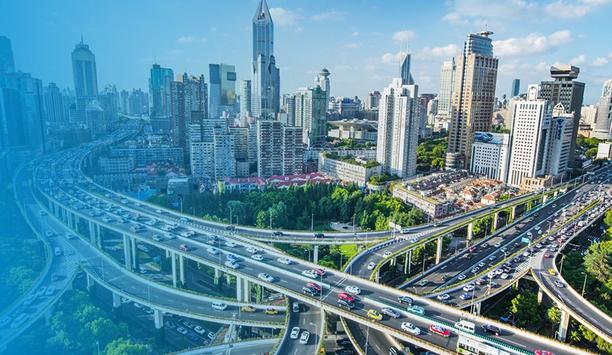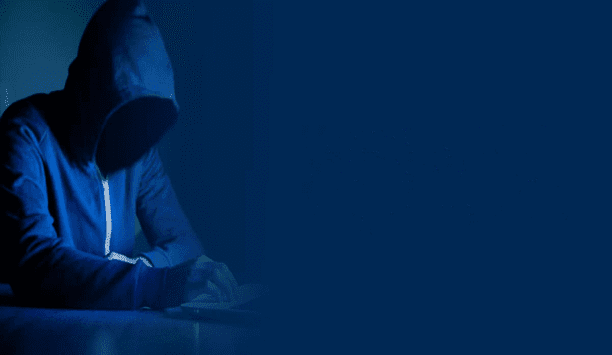What exactly is Corporate Social Responsibility (CSR) and how does it apply to the security industry? Let’s look at how two very different companies – Axis Communications and FGH Security – each put CSR at the heart of their operations.
Corporate Social Responsibility means different things to different people, and is often used as a catchall for one or more policy areas such as environmental sustainability, philanthropy, integrity and transparency, ethical business and employee welfare. CSR even has an international standard to provide guidelines for its followers – ISO 26000. Its goal is to contribute to global sustainable development by encouraging business and other organisations to practice social responsibility to improve their impact on their workers, natural environments and communities.
CSR applies to the security industry in many different ways and can be practised by small or large businesses, and by both suppliers of electronic security products and services and guarding companies. Here we look at two security businesses that put CSR at the heart of what they do.
Axis Communications’ CSR strategy
Network video manufacturer Axis Communications, based in Lund, Sweden, focuses on four areas when it comes to what it terms sustainability: environmental considerations; social responsibility; economic responsibility; and business ethics. The company’s activities cover these areas:
- Employee welfare: Axis works for increased equality and diversity within the business, following national laws where it operates and imposes the same demands on partners and suppliers.
- Philanthropy (giving): Axis employees, for example, were involved in a year-long project to set up a computer classroom at a girls’ secondary school in rural Tanzania.
- Environmental: The most important areas for the company are product material and product energy performance, carbon footprint and supplier environmental performance. For example, 70 percent of Axis products are now PVC-free and the company has also reduced the amount of packaging used.
- Local communities: Axis has been involved in a scheme which, among other things, offers trainee positions to refugees who have obtained a residence permit in Sweden. Several regional offices engage in volunteer work, one example being working with housing projects for “socially exposed” people in the United States.
- Integrity and transparency: Axis is listed on the Nasdaq Stockholm Exchange and abides by the Swedish Code of Corporate Governance, with its sustainability reporting carried out in accordance with GRI G4 guidelines.
- Ethical business: The company says it has zero tolerance of corruption, with almost all employees signed up to an agreement where they undertake not to accept bribes or participate in corruption. Anti-corruption training is also part of the introductory programme for new employees.
“Axis aims to make sustainability an integrated part of its business strategy and operations, where continuous improvements are made at all levels,” says Per Björkdahl, Director of Business Development. The company’s sustainability strategy supports and embraces the 10 principles of the UN Global Compact.
 |
| As in other industries, sustainability in the security industry is growing to become more and more important |
Green design and impact on society
Some CSR activities are closely aligned with the company’s operations, such as the Green Design Evaluation Form, which is used to make product development focus on environmental aspects. Other activities go beyond apparent company interests – for example, providing security cameras to a rhino sanctuary in South Africa to help prevent poaching.
“Of course, customers are increasingly demanding that we take responsibility not just for our products and services, but also for issues relating to the environment and business ethics,” says Björkdahl. “A corporate culture that promotes sustainability also helps us attract and retain the best employees. But most of all, Axis is a part of society and it’s important that we also take responsibility for the development of our society.”
“As in other industries, sustainability in the security industry is growing to become more and more important. The security industry is growing, and we therefore need to take more responsibility for our impact on our society. There are no reasons why anyone should not be engaged!”
Integrating CSR policies with regular activities
But practising CSR is not just for large organisations. UK-based guarding and event management company FGH Security has integrated its CSR policies – such as managing its carbon footprint – with its day-to-day activities. The firm, which is completing its ISO 14001 application, aims to go carbon-neutral in 2017 by planting around 4,000 trees on its customers’ sites. It is also working hard to go paperless and to run greener vehicles, though the lack of charging points is hampering progress on this front.
"The security industry is growing, |
Staff welfare is also high on the agenda at FGH Security. For example, the company provides meals for all its staff when working at festivals. Any employee who wants to take part in any sport receives sponsorship of £100 to get started, and all staff take part in personal development. In addition, all managers receive a paid day per year to work in a similar role as a volunteer at a charity. “This benefits the charity primarily, but managers come back with fresh ideas on how they can work better,” explains Peter Harrison, Managing Director at FGH. The company and its employees take part in many other fundraising and charitable activities, such as providing stewards free of charge to the local CancerCare charity.
FGH Security’s 10 CSR beliefs
“We have ten company beliefs; they are on the wall in every office, in our marketing material and an important part of how we operate,” says Harrison. “Although we have a CSR policy for the purposes of tenders, in practice we felt CSR is something that has to run through the organisation and not sit to one side, as many policies do.” The ten beliefs are:
- Quality people in quality places
- Take a long-term view and act sustainably
- Seek inspiration from outside the industry
- Reputation is our most valued asset
- Our business relationships are like partnerships
- Everyone takes part in personal development
- Be the benchmark for others and set new norms of behaviour
- Give all our people the chance to train to the next level
- Find new ways of giving back to society
- Look after our people and they will look after our customers
There are various other schemes and one-off gifts for employees.
“People want to work for companies like ours and people like doing business with us. More than anything, the company shareholders like to help other people and society in general. We think if every company could do a little bit more then we feel the world could be such a better place.”




